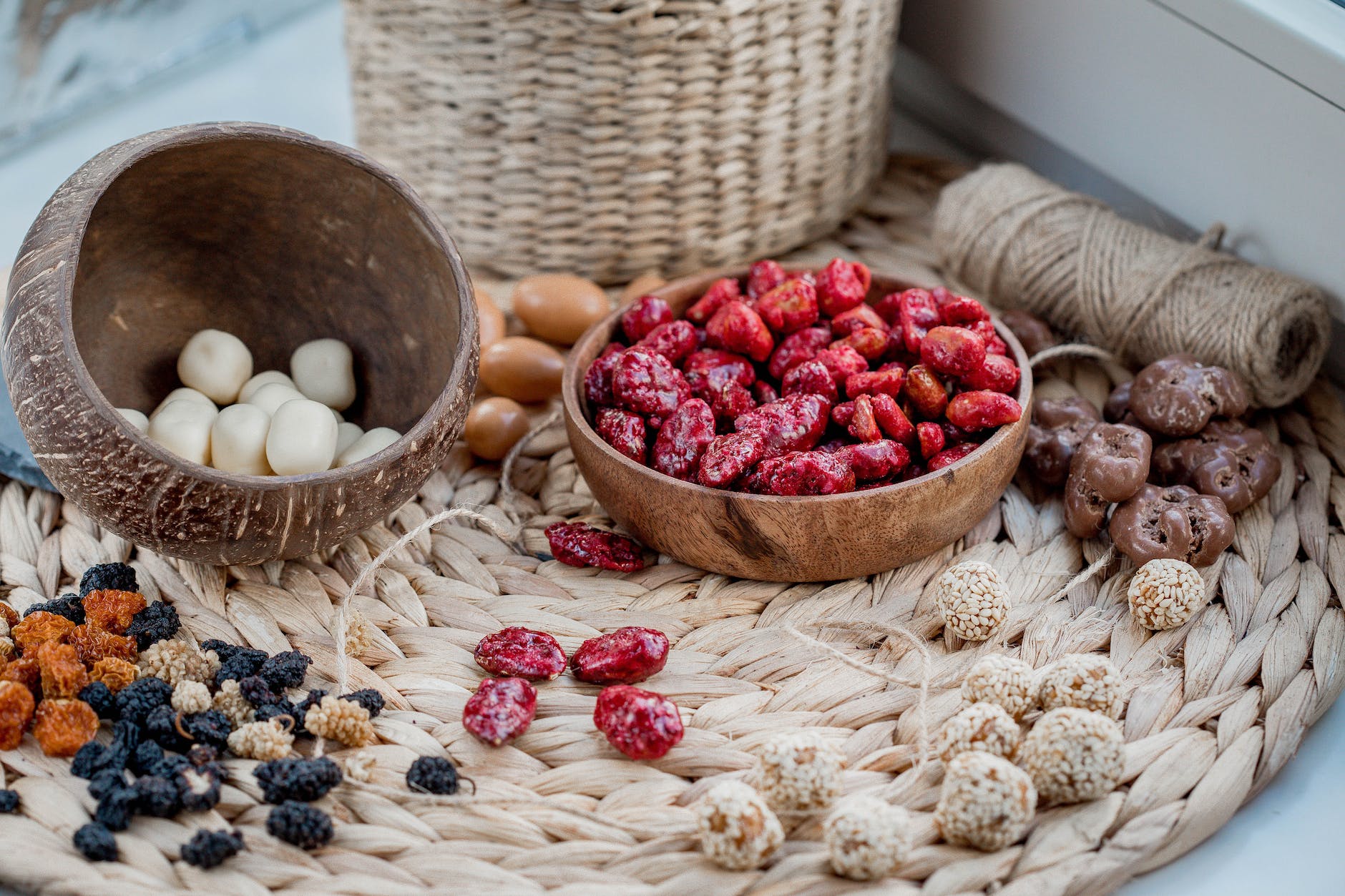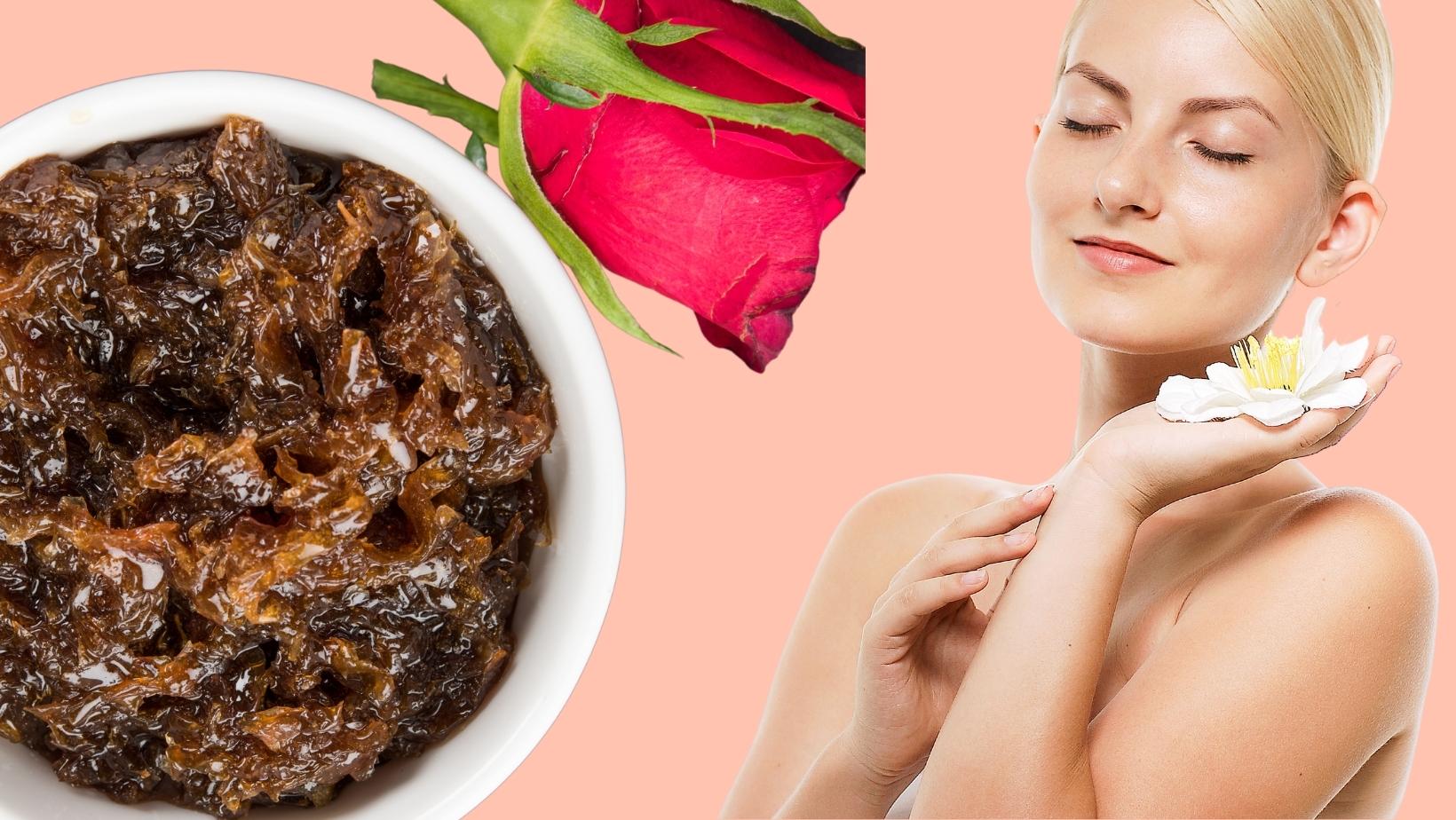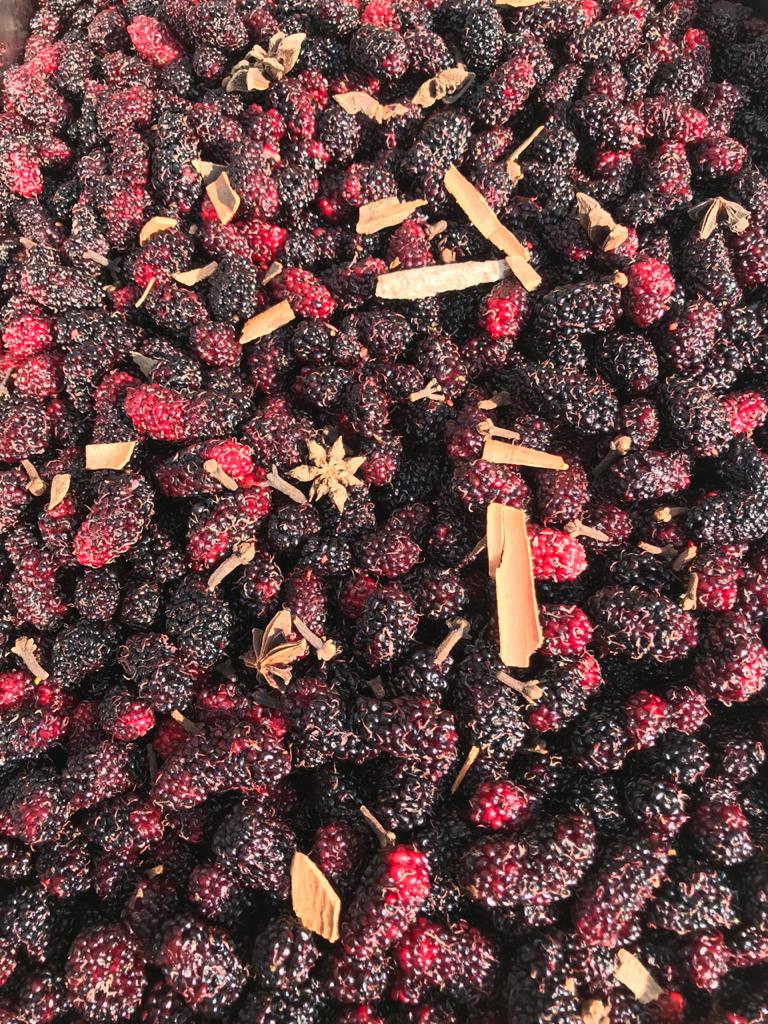
Introduction:
Pregnancy is a miraculous journey and a crucial time to think about nutrition. Every meal is an opportunity to nourish both you and your growing baby. The focus of this post is on fetal brain development – a complex and wondrous process that requires specific nutrients. Understanding which foods can foster this development is key to giving your child the best start in life.
1. Omega-3 Fatty Acids: Building a Healthy Brain
Deep Dive into Importance: The brain is about 60% fat, and Omega-3 fatty acids, especially DHA, are its major building blocks. DHA is essential for the growth and functional development of the baby’s brain in the womb and continues to be vital in the first few years of life.
Top Food Sources: Cold-water fatty fish like salmon, mackerel, and sardines are rich in Omega-3s. Vegetarian options include flaxseeds, chia seeds, and walnuts. Algae-based supplements can also be considered.
Recipe Suggestion: Try baking a salmon fillet with a sprinkle of herbs for a delicious, omega-3-packed meal.
2. Iron: Supporting Brain Development and Beyond
In-Depth Look at Benefits: Iron is a crucial component of hemoglobin, which carries oxygen to the fetus, including the developing brain. Adequate iron intake prevents anemia in pregnant women and supports the rapid brain development of the fetus.
Top Food Sources: Lean beef, chicken, tofu, lentils, and fortified cereals are rich in iron. Combining these with vitamin C-rich foods enhances iron absorption.
Recipe Suggestion: Consider a lentil soup with tomatoes – a perfect blend for maximizing iron uptake.
3. Folate: The Essential B Vitamin for Neural Health
Detailed Exploration of Role: Folate is vital for the formation of the neural tube and preventing major birth defects of the baby’s brain and spine. It’s also crucial for DNA synthesis and repair, making it a key player in all-round fetal development.
Top Food Sources: Dark leafy greens, asparagus, broccoli, citrus fruits, and fortified grains are great sources of folate. Folic acid supplements are often recommended during pregnancy.
Recipe Suggestion: A spinach and orange salad is not only refreshing but packed with folate.
4. Choline: A Key Nutrient for Brain Connectivity
Comprehensive Overview: Choline is essential for brain development, particularly for the formation of neurotransmitters that govern memory, mood, muscle control, and other brain and nervous system functions.
Top Food Sources: Eggs are a well-known source, but choline can also be found in lean meats, poultry, fish, dairy products, and cruciferous vegetables like Brussels sprouts and broccoli.
Recipe Suggestion: A morning scramble with eggs and chopped broccoli offers a choline-rich start to your day.
5. Antioxidants: Protecting the Developing Brain
In-Depth Insight: Antioxidants play a vital role in protecting fetal brain tissue from oxidative stress and damage. This is crucial for healthy brain development and has long-term implications for cognitive health.
Top Food Sources: Berries, nuts, whole grains, green leafy vegetables, and beans are excellent sources of antioxidants.
Recipe Suggestion: A mixed berry smoothie with a handful of spinach provides a delicious antioxidant boost.
Incorporating These Foods into Your Daily Diet:
Balance and variety are key. Here are some tips:
- Plan your meals around these food groups.
- Try new recipes to keep things interesting.
- Listen to your body’s cravings and aversions, they are often telling.
Conclusion:
Your dietary choices during pregnancy are your baby’s first environment. The right balance of nutrients can set the stage for a lifetime of health and cognitive well-being. Remember, taking care of yourself is taking care of your baby.
Consult Your Doctor: It’s crucial to consult with your healthcare provider before making significant changes to your diet or taking supplements.
FAQs
- Q: Can I get enough Omega-3 from a vegetarian diet? A: Yes, flaxseeds, chia seeds, walnuts, and algae-based supplements are great vegetarian sources of Omega-3.
- Q: Is it safe to eat fish during pregnancy due to mercury content? A: Yes, but choose low-mercury fish like salmon and sardines, and limit intake to 2-3 servings per week.
- Q: How can I increase iron absorption from plant-based foods? A: Pair plant-based iron sources like spinach or lentils with vitamin C-rich foods like oranges or bell peppers to enhance absorption.
- Q: Are prenatal vitamins enough for getting all necessary nutrients? A: Prenatal vitamins are important, but they work best in conjunction with a balanced diet rich in the essential nutrients.
- Q: Can I take a DHA supplement instead of eating fish? A: Yes, DHA supplements can be a good alternative if you don’t consume fish. Consult with your healthcare provider for recommended types and dosages.
- Q: How much folate should I consume during pregnancy? A: The recommended daily intake of folate during pregnancy is 600 micrograms. This can be achieved through diet and supplementation.
- Q: Are there any risks of consuming too much Vitamin A while pregnant? A: Yes, excessive Vitamin A intake can be harmful. Stick to recommended amounts and focus on Vitamin A from plant sources like carrots and sweet potatoes.
- Q: What are some easy ways to include choline in my diet? A: Eggs are a great source. You can also include lean meats, poultry, and cruciferous vegetables like broccoli in your meals.
- Q: Can a lack of antioxidants affect fetal brain development? A: Antioxidants play a role in protecting the fetal brain from damage, so a balanced diet including berries, nuts, and whole grains is beneficial.
- Q: Is it normal to have food aversions and how do I manage my diet then? A: Food aversions are common in pregnancy. Focus on the nutrients rather than specific foods and find alternatives that you can tolerate.












